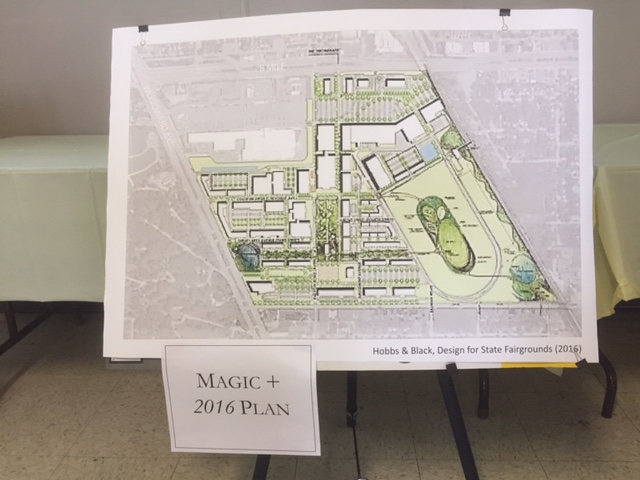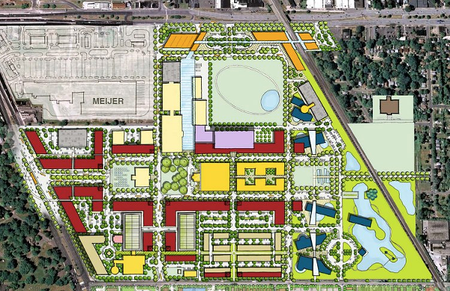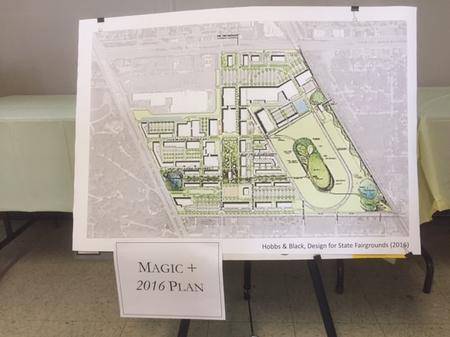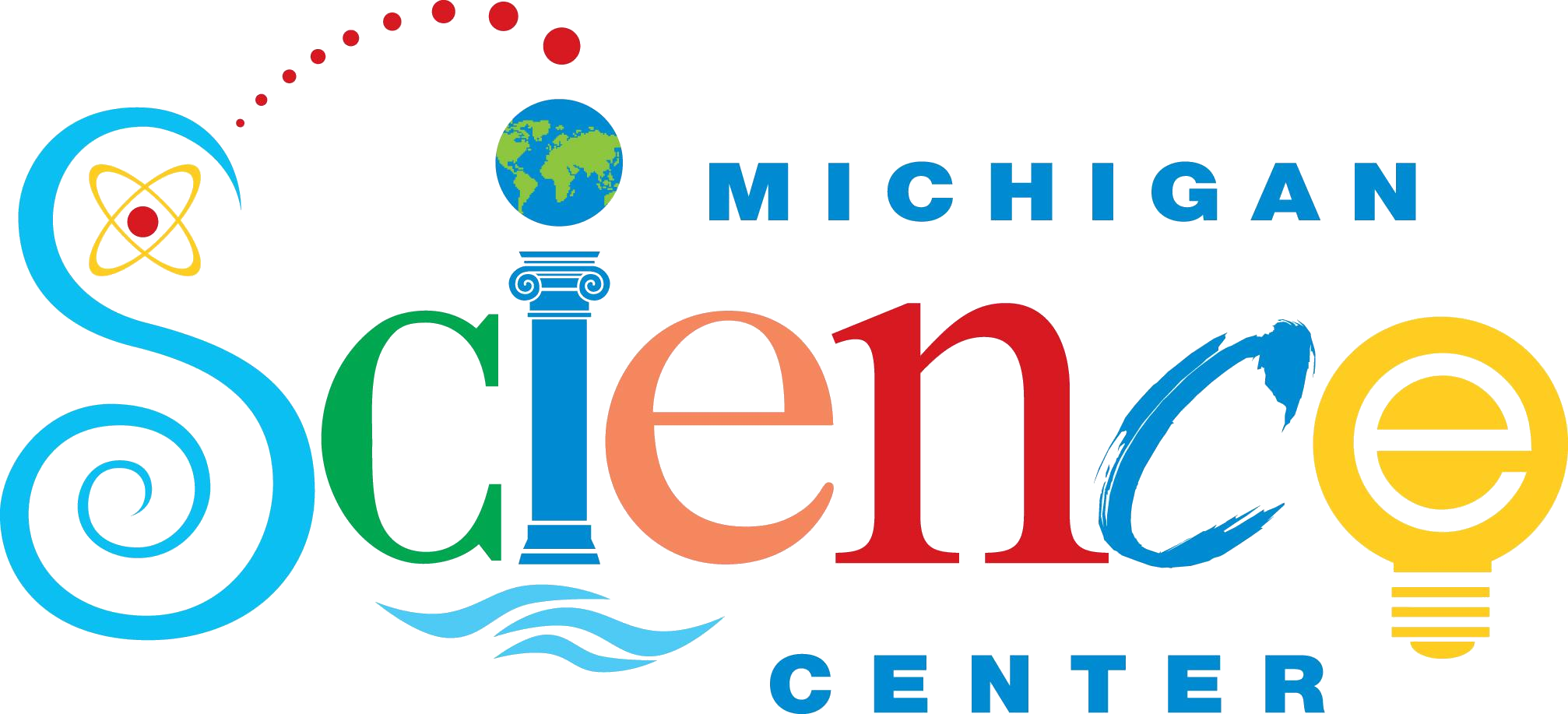CuriosiD: What’s Happened at the State Fairgrounds?
Amy Miller July 13, 2017City officials say Magic Plus Llc has one year to finalize plans to develop Michigan State Fairgrounds property

Listener Jennifer Gulati is curious about the status of the Michigan State Fairgrounds at Woodward and 8 Mile.
“I show American Saddlebred Horses and we used to have a couple big shows up here at the state fairgrounds which are no longer available. And it was very sad to see that the Michigan legislature decided not to pay for the maintenance of the coliseum and the grounds
THE SHORT ANSWER
The 160 acres of property at 8 Mile and Woodward were conveyed to developer Magic Plus, Llc. five years ago. The company has worked with a coalition of neighbors and Detroit city planning officials to design a multi-use housing and retail complex. City officials say Magic Plus, Llc has until June of 2018 to finalize a design and secure funding for the project.
How Things Unfolded at the Fairgrounds
State officials say for the last five years over a million dollars annually has been spent on the maintenance of the fairgrounds, which is the largest developable piece of property in Detroit. When the Michigan State Fair was defunded in 2009, then put in private hands and moved to Novi, neither the city nor the Metroparks system wanted to take on ownership of the property. In fact, the fairgrounds missed becoming a Metropark by one vote.
The property sat mostly vacant and unmaintained for three years before the legislature passed bills in 2012 that conveyed the 160 acres to the Michigan Land Bank Fast Track Authority. Once the Land Bank took possession of the property, it published a request for proposals to sell and develop the land and buildings. Within a year the Land Bank awarded the fairgrounds to Magic Plus LLC a Lansing based developer.
Community Involvement
When the land was transferred to the state, the legislation also established a Fairgrounds Advisory Council. But neighbors in the surrounding area had been organized for at least a decade prior to that.
The group, now referred to as MetaExpo or the Fairgrounds Development Coalition has spent thousands of dollars and hundreds of hours with volunteers and urban planning professionals to design what they believe is a first class housing, retail, transportation and green space complex. The coalition actually has its own design for the property, which it hopes will be influential to the final plan.
Karen Hammer is a founding member of the coalition and her husband Frank is one of the people appointed to the state’s Fairgrounds Advisory Council. The Hammers have been central to the grassroots movement in the surrounding neighborhoods. Karen Hammer took the mic at the meeting to explain the seven elements the coalition wants incorporated into the final plan.
Energy and sustainability
Jobs and new economy
Exposition center
Transit and transit oriented development
Residential and commercial mixed use
Urban and sustainable agriculture
A Plan in the Making
In the Magic Plus original design, over 40-percent of the land had been set aside for parking lots. Magic Plus Principal, Joel Ferguson, says working with Detroit City Planner, Maurice Cox and city hired consultants, allowed Magic Plus to considerably alteration the plan.
“They didn’t like our plan and (Cox) knew some outstanding consultants, along with the new staff he put together….we ended up working with the City having a plan that really like I always said ‘I didn’t know how sick I was until we got well.”
It’s apparently now up to the City of Detroit to make sure the developer’s plan meets the needs of its residents. At least two members of Mayor Duggan’s staff attended the meeting. Dave Walker is Design Director with the City of Detroit Planning Department. He says there is a hard deadline for Magic Plus.
“Our assumption is June 2018 if they can’t get a deal in place, then they’ll have to probably move on.” says Walker.
But Magic Plus Principal, Joel Ferguson, says he is not concerned about deadlines.
“…there’s certain approvals that we have to get from the city and they’re own schedule of process”
Ferguson says the deadline of June 2018 can’t be met because he says the city can’t perform that quickly.
We’re gonna meet everything we have to meet, they’re working well with us. Look, we would be out there this far if we didn’t know that we have access to the financing”
Chris Stralkowski is project manager for Magic Plus. He says the first phase of construction will include infrastructure such as utilities and roads.
He says phase two includes housing, a facility for Detroit Area Agency on Aging and senior housing, retail and commercial space and a campus for Wayne County Community College. Stalkowski says green space and possible use of some of the historic buildings are also included in the design.
The new Detroit Community Benefits Ordinance will give residents some power to make change. Jeff Jones is Director of Community Organizing for D4, Doing Development Differently in Metro Detroit. Jones says the fairgrounds offers a unique opportunity for what he refers to as “Uptown Detroit” to keep up with New Center, Midtown and Downtown progress.
“You’ve said over a billion dollars’ worth of investment will probably happen on this site. What are we going to say to our grandchildren? That we did not take advantage of this opportunity to make sure that we bring those jobs that our residents need, that we beautify our neighborhood, so it doesn’t look deplorable to some people”
Coalition members are hoping to involve vision from all Metro Detroiters through a Michigan State University School of Social Work on-line survey.
WDET’s CuriosiD is sponsored by the Michigan Science Center



